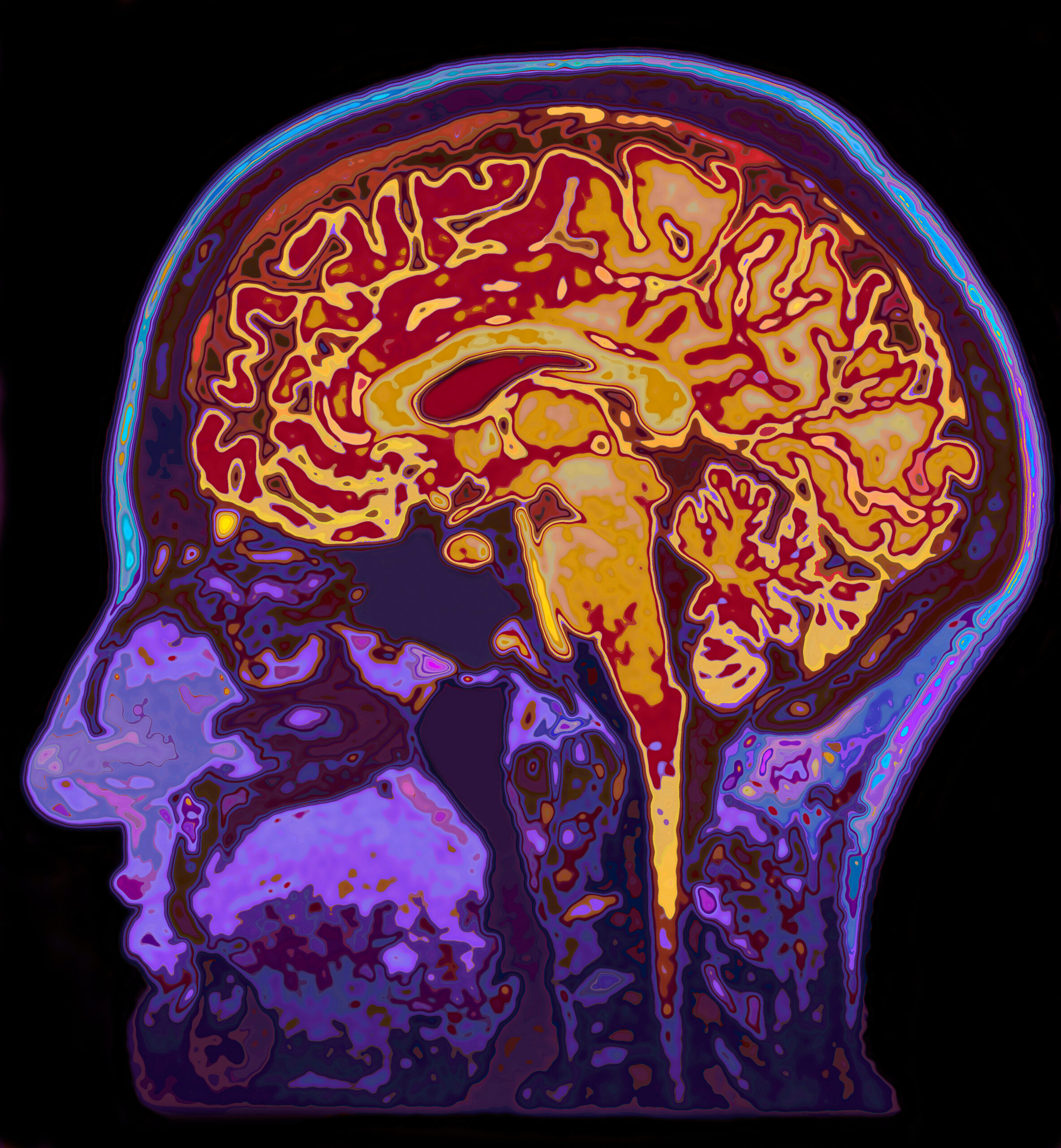
Growing older often means foggy memories and worrying about the progression of dementia. However, the result of a two-year clinical trial has been released that offers new hope for a sharp and active mind for years to come, no matter how old you may be right now.
In the study, members of a group of 168 volunteers were given a vitamin pill that contained vitamin B6 and vitamin B12 plus high doses of folic acid. Others members were given a placebo. The results are certainly encouraging. The brains of volunteers taking the vitamin treatment had less brain shrinkage (which leads to cognitive impairment) than those taking the placebo. This is important because brain shrinkage is a common precursor of Alzheimer’s.
Optimal vitamin B levels are crucial to brain health.
The bottom line is optimal brain health means optimal levels of B vitamins. Optimal is the key word here. It’s possible to have normal levels of B vitamins and still experience brain shrinkage. That’s why keeping vitamin B levels higher than the normal range is crucial, according to the results of the study. In other words, just because your blood test indicates your B12 levels are normal doesn’t necessarily mean everything is fine. Actually, there are several blood tests that may read as normal (vitamin D is one of them), but that doesn’t mean the levels are high enough to maintain good health.
What we really know about Alzheimer’s.
We know that Alzheimer’s is a chronic form of dementia. Severe memory loss occurs and eventually death. The sad news is that once diagnosed with Alzheimer’s, the average lifespan is approximately 8 years even though it’s possible to survive up to 20 years with the right care.
Genetics is an indicator of Alzheimer’s but it’s more than that. This devastating condition has been linked to nutritional deficiencies, obesity, and environmental toxins, insulin resistance and diabetes, thyroid dysfunction, and heart disease, just to name a few.
Some experts believe that one of the most important factors in developing Alzheimer’s is insulin resistance, which puts you at risk for brain atrophy as well as other conditions.
How to make sure you get enough B vitamins.
While it’s easy to take a B12 supplement tablet, most of them don’t work very well. The best way to ensure you’re getting standard B12 is through an injection.
Keep in mind it’s possible you could be taking common drugs that make you B12 deficient. Prilosec and other common medications can decrease B12 absorption.
How to prevent Alzheimer’s in the first place.
This is a pretty controversial topic and a lot has been in the news about it recently. Some reports claim there’s nothing at all that can be done. Other experts disagree.
As with the majority of diseases, simple lifestyle changes will prevent onset in the first place. This is true for keeping your brain healthy well past your 60s. What lifestyle changes should you make?
First of all, pay close attention to your diet. Optimize your vitamin D levels, eat a diet rich in folate, get plenty of high-quality omega-3 fats, avoid aluminum, and avoid flu vaccinations which contain aluminum and mercury.
One of the most important things you can do is to challenge your mind daily. Learn a new instrument or new language or anything new at all. Developing new learning patterns is associated with a decreased risk of developing Alzheimer’s. Mental challenges boost brainpower and make your brain more resistance to the lesions found in Alzheimer’s.
So, if you’ve always wanted to learn a French or play the piano, it’s never too late to start! Not only will these activities add pleasure to your life, they could help add many productive, happy years as well.

A new study suggests that a widely used sugar substitute found in diet sodas, chewing gum, and low-sugar yogurt may elevate insulin levels. This could increase the long-term risk of heart disease. “Artificial sweeteners have infiltrated nearly all types of food, making it crucial to understand their long-term health effects,” said Yihai Cao, senior author […]

Diet Coke has long been a fan-favorite among soda lovers who want a fizzy, guilt-free alternative to traditional soft drinks. While its zero-calorie, zero-sugar label makes it seem like a healthier option, the reality is far more concerning. Despite its undeniable popularity, Diet Coke’s nutritional profile has raised red flags among health experts for years. […]

New study shows that embracing an anti-inflammatory, plant-forward diet can support cognitive function and help reduce the risk of dementia. What You Eat Shapes Your Brain The food you eat doesn’t just impact your body—it also affects your brain. Research suggests that eating an anti-inflammatory, plant-based diet can help improve memory, focus, and overall brain […]